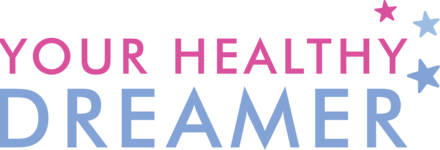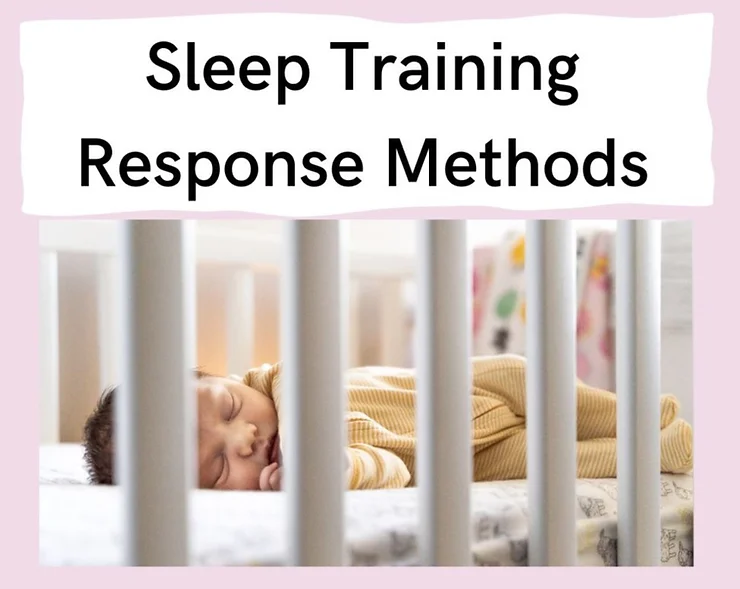Sleep Training Response Methods
I am passionate about supporting parents in teaching healthy sleep habits because it offers families the regular blissful sleep that all of our brains need to thrive. We are all happier and functioning at our fullest capacity when we are sleeping well.
I also know that allowing our children the opportunity to feel upset about change – because change is hard! – is difficult and will hold a lot of parents back from working on independent sleep habits.
This is why I emphasize the importance of Gentle Sleep Training. But when I use the word “gentle” I’m not referring to any specific method. I am referring only to having a comprehensive plan in place that takes all of the important background work into consideration and addresses everything we know that will make it as easy as possible for your child to fall asleep, stay asleep, and attain the highest quality sleep.
Read more about how to offer a top notch sleep environment, sleep schedule, and pre-sleep routine. All of that background work is the most important aspect of any high quality sleep training plan.
The final component of any gentle or high quality sleep training plan is preparing a consistent response method to offer some level of support to your child while they are having a hard time (because change is hard!) The goal is to support them in a way that teaches sleep while remaining aligned with your parenting style.
An effective response method can vary quite a bit depending on your parenting style, your preference for level of involvement, your unique child’s temperament, and their age and behaviors.
All effective response methods should be minimally engaging, quite boring, and consistent.
In general, the lesser involved parents are, the faster the learning process, while the more involved parents are, the slower the learning process. However, it is important to remember that sleep training is always temporary when done correctly and the difference is only between days and weeks.
When choosing the right sleep training method for your family, it’s most important to consider choosing the one that all primary caregivers can be consistent with. A united front amongst all primary caregivers is absolutely paramount. Take the time to get on the same page with other caregivers about what you can be consistent with that won’t lead to middle of the night feuds. It’s also helpful to consider your own unique child’s characteristics and temperament and what method may fit their personality best as well.
A minimally involved method is a good choice for parents who are comfortable giving their children plenty of space as long as they know they are physically and emotionally safe, fully primed for sleep, and their protests and frustrations are only temporary.
A less involved method is typically going to lead to faster results, and less crying cumulatively. If fast results and minimal crying is your goal, this may be the plan for you!
A moderately involved method is a wonderful choice for parents who recognize that giving their child more space while they learn something new is likely a good fit for their child, but they also recognize that they themselves will have a hard time staying consistent without offering some kind of interaction with their child. Some children are soothed by some involvement, and may appreciate the acknowledgement of their frustration while they adjust to these new boundaries.
This is the most common choice for the parents I work with because it is incredibly modifiable, allows for some parental involvement, but is also effective and fast.
A very involved method is an excellent choice for families who are comfortable with a more gradual approach. While the process will take longer compared to the lesser involved methods, it is still a very temporary process lasting closer to 2-4 weeks depending on your situation, child, and speed of progression.
Many families are interested and eager to teach their children independent and healthy sleep skills to allow them to sleep through the night in their own beds, but are uncomfortable with what they consider the classic sleep training methods. This slower and more gradual method is also modifiable, and allows many to hold true to their parenting styles while also prioritizing their families’ need for sleep!
Sleep training refers to teaching and supporting babies and young children in learning how to fall asleep in a way that allows them to achieve the right amount of sleep for their growing bodies and brains to grow and thrive to their full potential. Is there anyone who is NOT interested in maximizing on sleep?!
While there are plenty of negative opinions about sleep training, I am pleased to report that none of them are evidence based. They are simply loud and emotionally charged opinions that often interfere with tired parents’ abilities to make safe choices for their families.
There are no known negative effects of teaching healthy sleep habits to children living in loving homes with supportive parents. There is plenty of research that yields positive short and long term effects or no differences at all long term between children who have been trained to sleep well independently compared to those who have not.
There have been no findings of differences between parent/child attachment, or mental and physical health in children who have been sleep trained versus those who have not been sleep trained. And yet there are numerous and significant known benefits to sleep along with healthy sleep habits.
Sleep training is not for every family, and I have absolutely no intention to ever convince or attempt to persuade a family to sleep train a child when it does not align with that family’s beliefs. Nope, never. Not at all. I fully support every family’s right to make their own parenting choices.
However, if you are ready to prioritize healthy sleep in your family, and are looking for guidance and support to make the process as effective, brief, and kind as possible, please reach out and learn more about working with me!
Take a look at the sleep services I offer and schedule a free 15 minute discovery call to learn more about which support package is a good fit for you.

